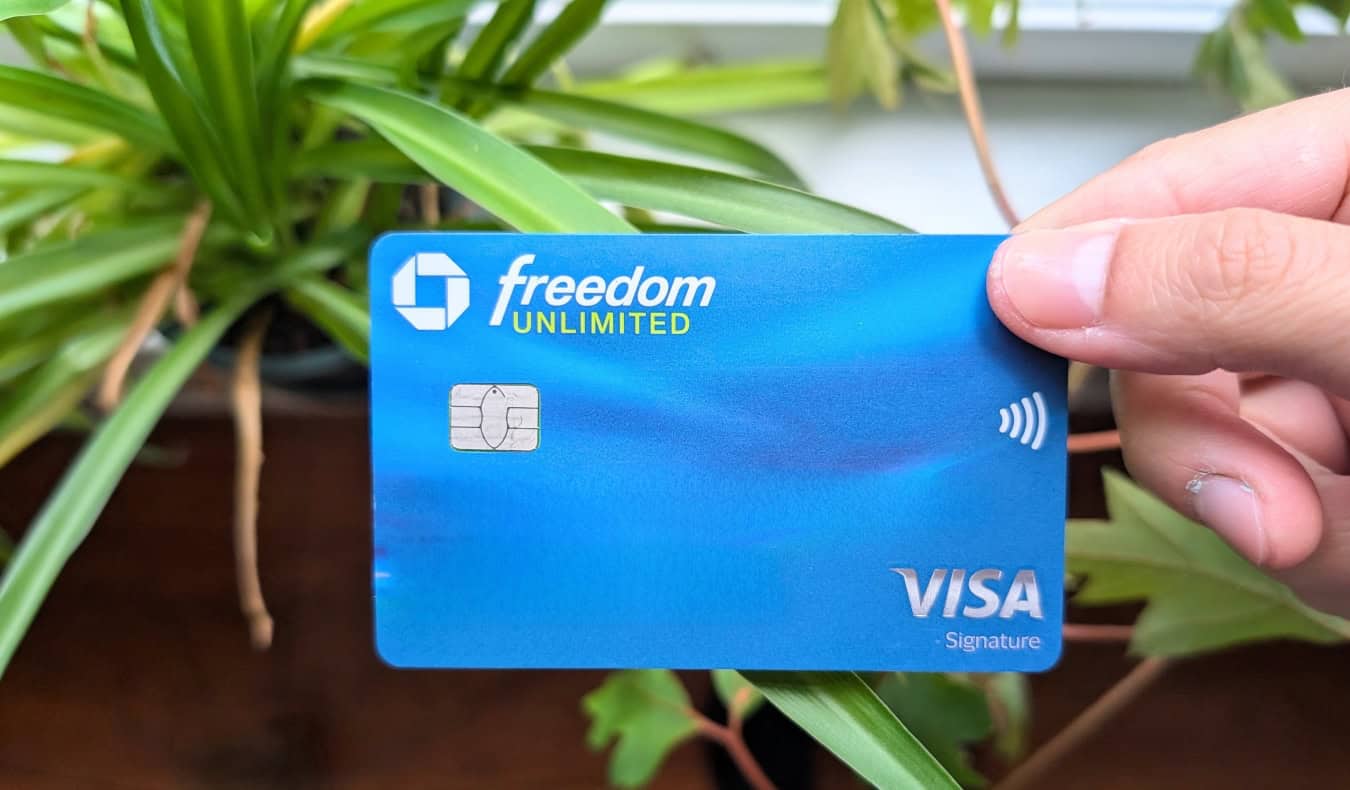Balance transfer or personal loan: What’s the difference?
Balance transfers and personal loans are both popular credit products designed to help you manage debt. When used properly, these tools can help you save money on interest and reduce your monthly payments.
At TPG, we recommend paying your credit card in full every month. However, we know that it isn’t always possible. If you need to reduce your interest payments and save money, a balance transfer credit card or personal loan might be the best option.
What is a balance transfer?
A balance transfer is a transaction in which debt is moved from one credit card account to another. The idea is to save money on interest by transferring your balance from a card with a high interest rate to a card with a lower interest rate.
For example, you might be able to pay off a credit card balance without incurring interest charges by moving the debt from one credit card to a balance transfer credit card with a 0% introductory annual percentage rate, or APR, for several months.
Most balance transfers charge a one-time fee, assessed for the credit card issuer taking on your debt. This fee can be anywhere from 3% to 5% of the total amount transferred or a fixed value like $10, whichever is greater. For example, if you transfer $5,000 from one card to another and the balance transfer fee is 5%, you will pay $250.
Related: How to manage debt with a balance transfer credit card
What is a personal loan?
A personal loan is a type of credit product that can be used for various purposes, including consolidating credit card debt. It’s more flexible than a balance transfer, but you must pay interest on a loan.
Personal loan funds are usually dispersed to your bank account upon funding. It’s important to note that personal loans can charge high interest rates, though many are lower than the Consumer Financial Protection Bureau’s reported average credit card APR of 22.8%.
When you take out a personal loan, you may be subject to one or more of the following fees:

Daily Newsletter
Reward your inbox with the TPG Daily newsletter
Join over 700,000 readers for breaking news, in-depth guides and exclusive deals from TPG’s experts
- Origination fee: Some personal loans charge a one-time upfront fee of 1% to 5% of the loan amount, which the lender usually subtracts from the loan advance. For example, if you get a $10,000 loan and the origination fee is 5%, you would receive $9,500.
- Interest: All personal loans charge interest, either at a fixed or variable rate. With a fixed-rate APR, you lock in that specific rate for the duration of your loan. With a variable APR, the rate varies with the Federal Reserve’s prime rate.
- Early payoff: Some personal loans will charge you a penalty if you decide to pay off the loan early.
Related: What is a balance transfer fee?
Should I get a personal loan or a balance transfer?
Here are some questions to ask when considering whether to get a personal loan or a balance transfer to pay off an existing credit card balance:
What type of debts do I have?
If you only have credit card debt, a balance transfer might be better suited for you. If you have other types of debt or owe money on several credit cards, a personal loan might be your best option, as you can easily consolidate several debts into one manageable payment.
How much debt do I have?
Balance transfers are usually limited to a maximum of about 75% of the credit limit of the credit card you are transferring to. If you have a large amount of debt, you may not be able to include it all in a balance transfer and might be better suited for a personal loan, as those amounts can be higher.
How much will my interest be?
When executing a balance transfer, you should aim to transfer to a card offering an introductory 0% APR period. If you don’t, the balance transfer won’t make much sense as most credit cards have similar interest rates, and you likely would not save any money after paying the balance transfer fees.
What fees should I watch out for?
As we mentioned earlier, many personal loans charge an origination fee due at the time of funding. From there, you will pay interest every month. A balance transfer might only charge the balance transfer fee. If you transfer to a credit card with a 0% introductory APR and can pay your balance off in full before the introductory period ends, you will pay no interest.
How will either affect my credit score?
Whether you apply for a balance transfer or personal loan, the request will trigger a hard inquiry on your credit report. These inquiries will stay on your credit report for two years. According to FICO, “a hard inquiry from a lender will decrease your credit score by five points or less.” If you have good or excellent credit, this drop is fairly insignificant. It’s also temporary, and your credit score will eventually bounce back, usually within a couple of months.
Bottom line
Balance transfers and personal loans can be great ways to restructure debt to save you money on interest fees. If you just have credit card debt, a balance transfer to a card with a 0% introductory APR will be your best bet, but if you have other types of debt and need flexibility, you might opt for a personal loan.










